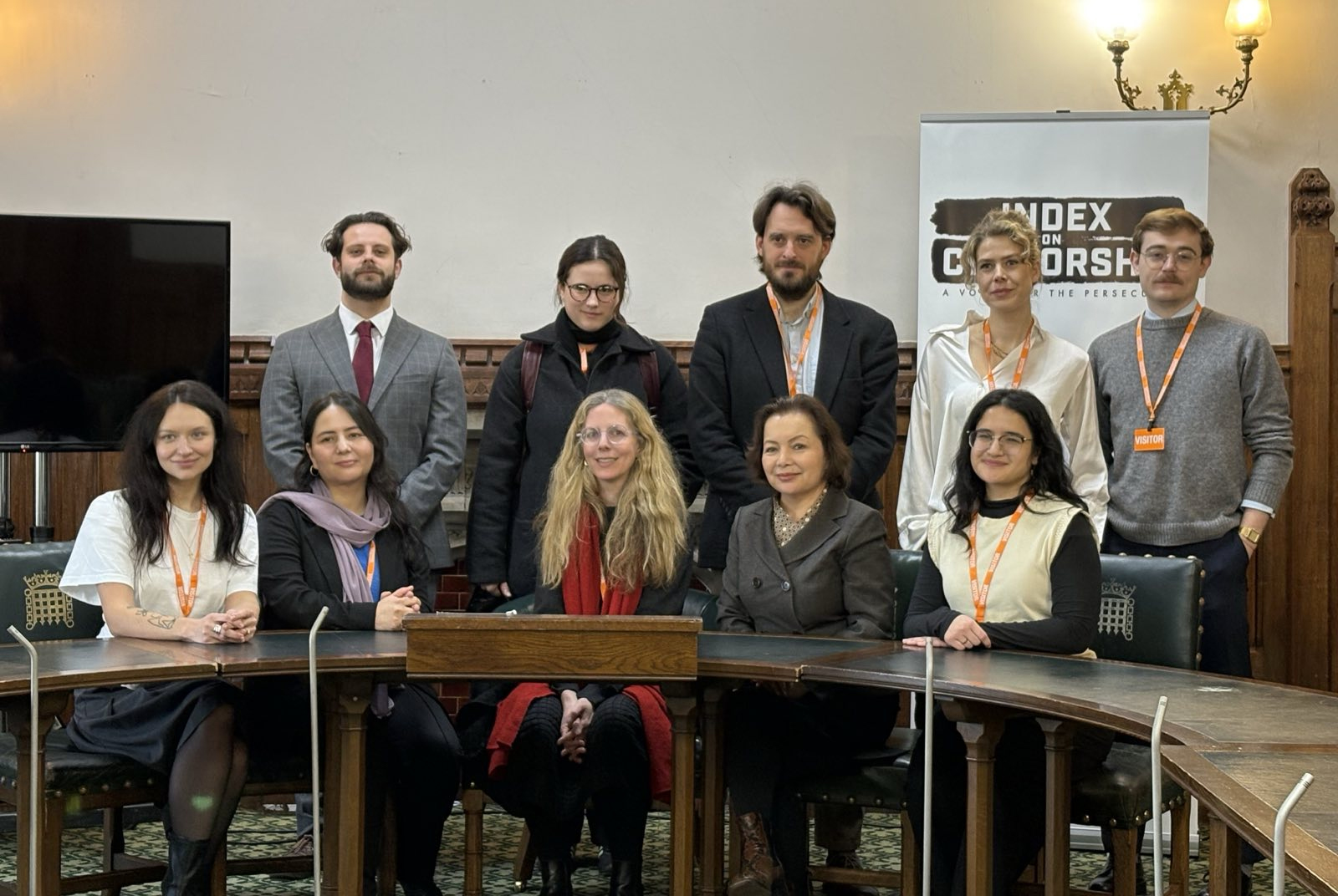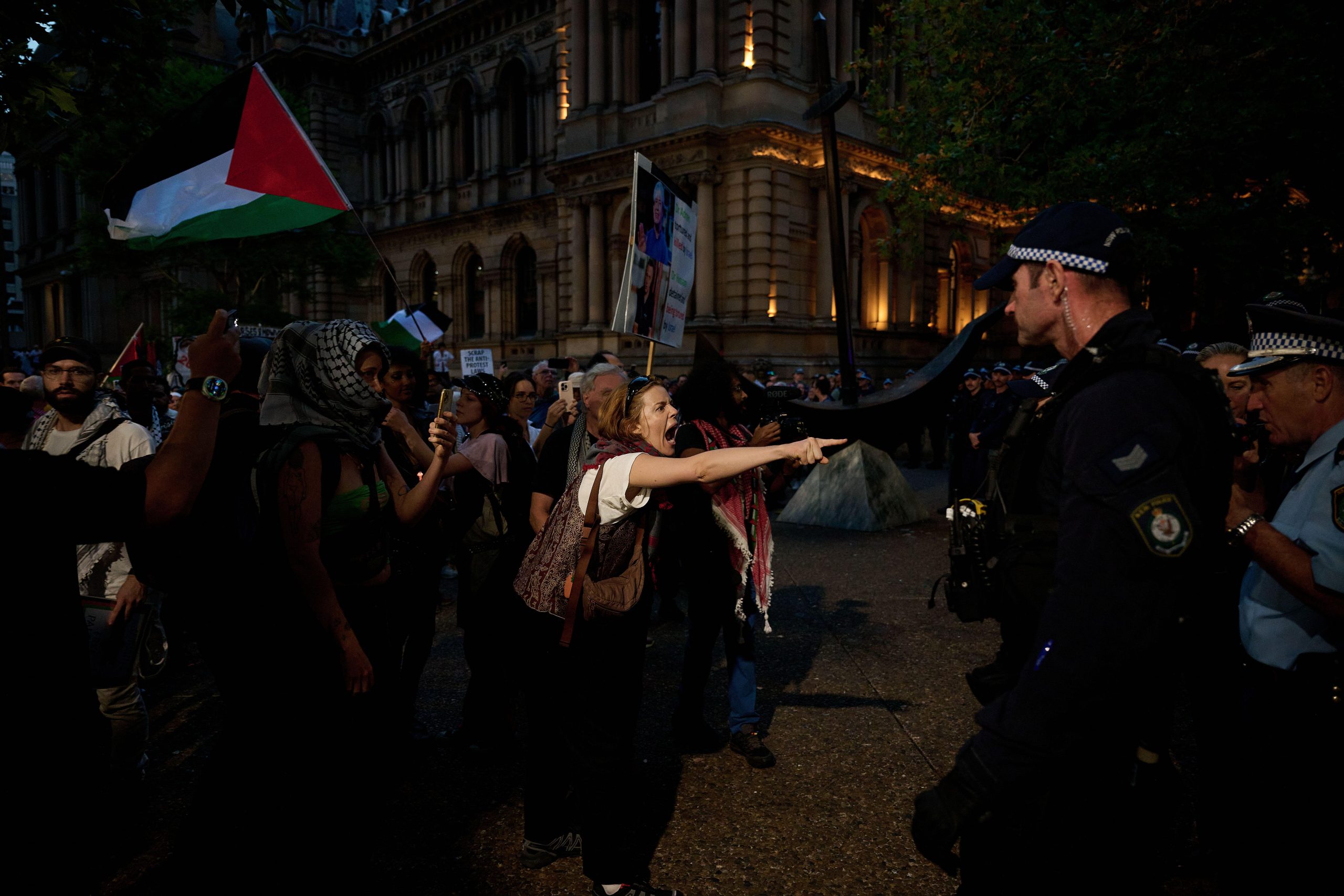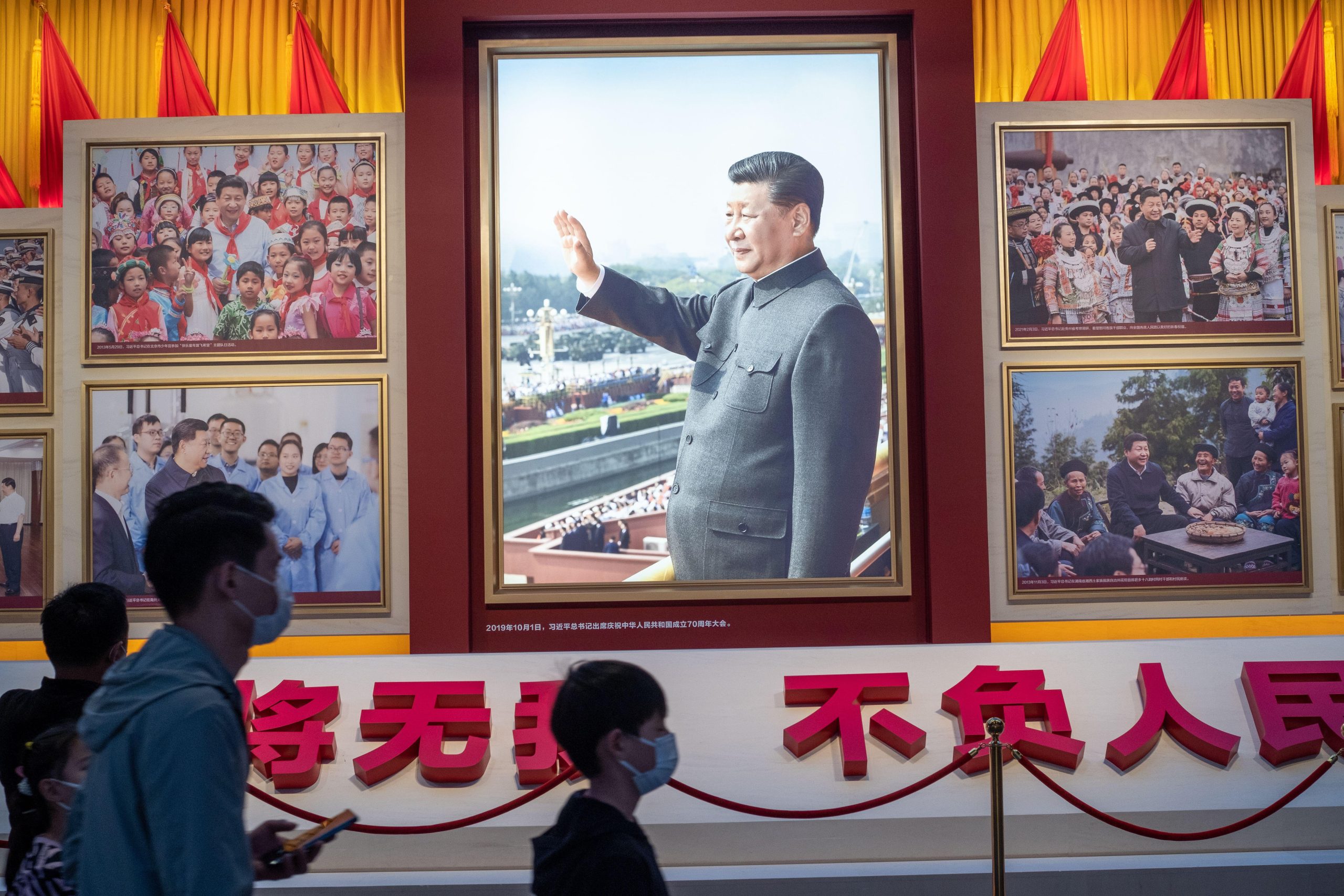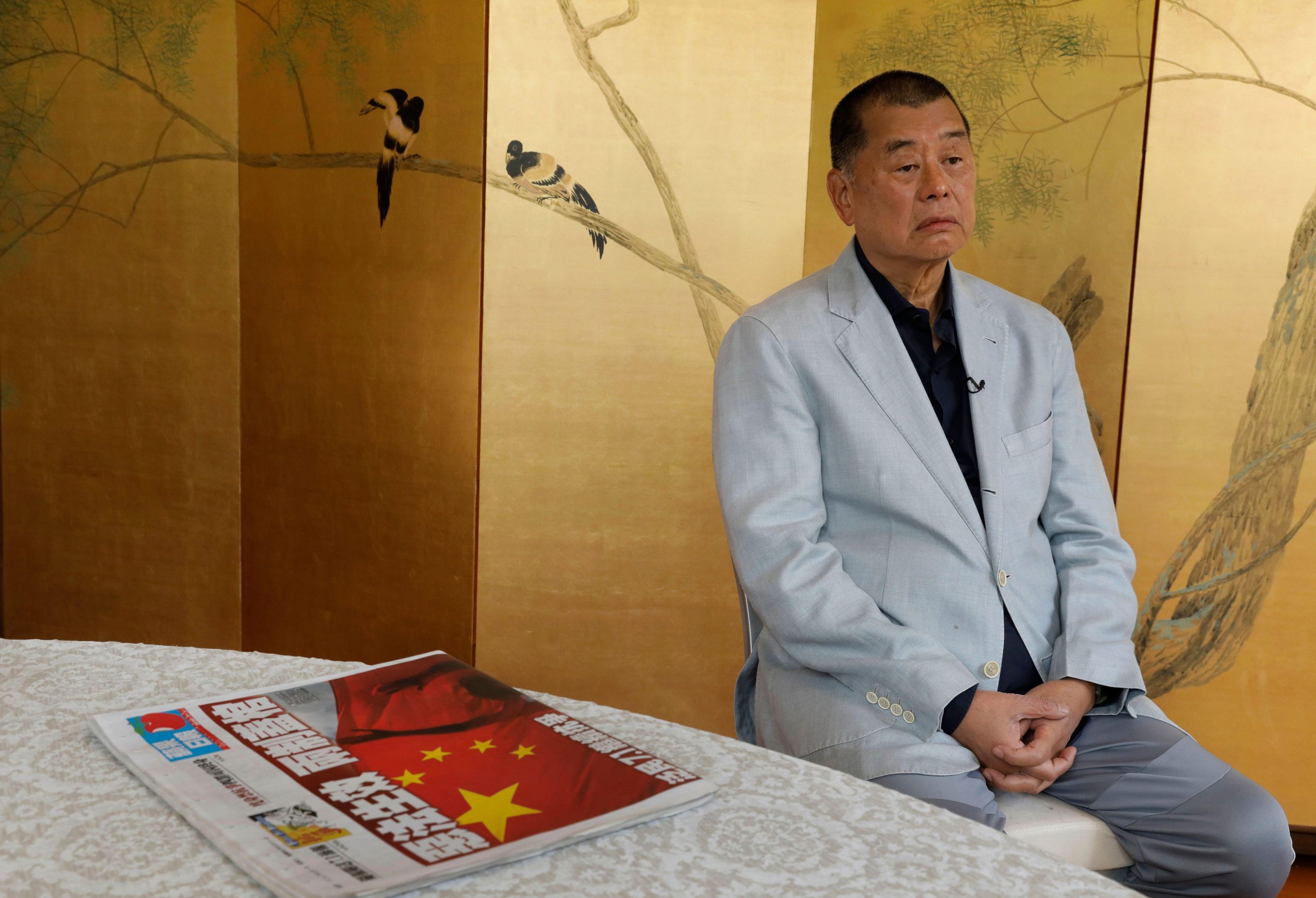
(Photo illustration: Shutterstock)
During China’s Cultural Revolution the Uyghur linguist Ibrahim Mutte’i, who helped compile a comprehensive multilingual dictionary, was tortured in the pursuit of cultural conformity by having large volumes of his edited dictionary dropped on his head.
Although the Cultural Revolution resonates as an extreme moment in China’s modern history, today the Chinese Communist Party (CCP) continues to develop expansive legal and political frameworks that repress the cultural and religious freedoms of its Uyghur population in Xinjiang province.
China maintains a stifling grip on the largely Muslim minority Uyghurs of Xinjiang. Aspirations for greater autonomy are repressed through ambiguous and far-reaching criminal laws that equate expressions of independence with separatism and terrorism. Severe restrictions in cultural and religious freedoms are part of considered government policy and Uyghurs are practically the only minority group subject to structural executions for religious offences.
Narratives of “terrorism”, external threats and fanatical separatism have been successfully produced and reproduced by the CCP, to confront ethnic problems in Xinjiang and delegitimise criticisms of government policy. The post 9/11 context has enabled the CCP to widen the scope of “terror” offences in its criminal code, where potential crimes include the dissemination of information and public gatherings that “disturb social order”. Rights to free assembly and expression, alongside peaceful protests are prohibited through punitive legal frameworks.
Expansive definitions of terrorism to include any “non-state” action decontextualise violence in Xinjiang as isolated extremism and privilege national security over individual human rights. By externalising ethnic discord, the CCP denies the existence of legitimate dissent and acts with domestic impunity.
The abuse of national security and anti-terror laws to marginalise and censor free speech are emphasised in the recent arrest of prominent Uyghur intellectual Ilham Tohti.
In a statement released by the Bureau of Public Security in Urumqi, capital of Xinjiang, Tohti is charged with promoting “Xinjiang independence”, the spread of separatism and ethnic discord, sending followers overseas to engage in separatist activities and praising individuals involved in “terrorist” attacks. China’s state-owned newspaper, the People’s Daily, commented that “police authorities have uncovered the concrete evidence behind Ilham Tohti’s separatist activities”.
Tohti has not joined calls for an independent East Turkestan but questioned the impact of economic, social and cultural policies in Xinjiang, and advocated for better treatment of Uyghurs. His arrest and official discourses explaining his crimes point to the criminalisation of dissent and a predictable pattern whereby challenges to state power are not tolerated.
Alongside the political and legal frameworks deployed to proscribe freedom of expression, curtailments of religious and cultural self-determination continue unabated. A recent Project Beauty campaign endorsed by the provincial government in Kashgar, ostensibly to promote “beauty” and “modern culture”, registered veiled women and bearded men at checkpoints in attempts to discourage expressions of Islamic and Uyghur identity.
The Uyghur Human Rights Council documents the indiscriminate targeting of religious practice. Outward expressions of faith at state institutions are forbidden, with public signs ostracising Islamic dress through explanations such as “women and girls, open your veils, don’t disturb modern civilised society”. In addition Uyghur language is being systematically eliminated from tertiary institutions, and classes on Uyghur literature, instructed entirely in Chinese, have been subject to inspection by “language police”.
Local religious leaders must complete compulsory political training through the state-run Islamic Association of China, which provides the Islamic clergy with a collection of state-sanctioned sermons and “approved” copies of the Koran. Private religious education is banned and those found to facilitate the independent tuition of Islam or in possession of non-approved literature, are often charged with “illegal” religious activity.
Furthermore, state employees and anyone under the age of 18 cannot enter a mosque. These measures point to a comprehensive draconian system of censorship, with Uyghurs arrested for offences such as “possession of wrong books” and “teaching the Koran”.
A report from Human Rights Watch, citing the official document A Manual for Urumqi Municipality Ethnic Religious Work, provides further evidence of the flagrant denial of civil and political rights. The manual identifies illegal religious activities to include: “inciting the masses to illegally rally and demonstrate”; “distorting history”; going abroad to study religion or engaging in any kind of religious activity that “span[s] different localities”; and carrying out activities “harmful to the good order of society”. These highly ambiguous injunctions restrict not only freedoms of religious belief, but also deny free expression and freedom of movement under virtually any pretext.
The tragic reality of Xinjiang is that a multidimensional system of surveillance, control and religious suppression has exacerbated an ongoing human rights crisis. Although the number of missing Uyghurs is difficult to verify, most estimates point to the arbitrary detention of thousands every year for “illegal” religious activity.
The signs in 2014, of continued violent “separatist” attacks and aggressive state crackdowns, should alarm the international community as controls seem likely to escalate. Beyond the political disenfranchisement, economic exploitation and cultural erosion of Uyghur identity, CCP assimilationist policies ironically serve only to reinforce a sense of alienation and difference.
This article was posted on 3 Feb 2014 at indexoncensorship.org




